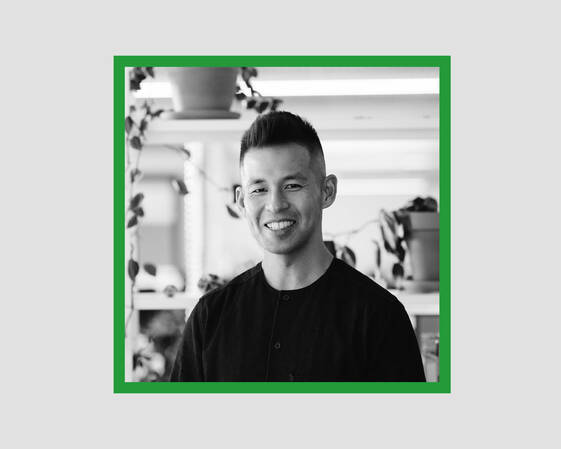Q: What do you hope to contribute as PDINZ?
Michael: I’m a pretty open book, I like getting to know people, it’s a big component in how far I have come as a person and as a creative in the industry. There have been many people who have offered their time, shared their passion and also provided me with support over the years. This really sets the tone of what I hope to contribute and resonates with me. It’s about passing it forward. I am keen to contribute where I can to our design community, even if it starts with something little that might eventuate into something more, something that will impact, benefit or provide a positive change in the years ahead.
Q: What is your role at Wingate and what does a ‘standard’ day look like for you?
Michael: I wear many hats at Wingate and it’s also that fine balance with family, having a healthy mind and giving my all when I am at the studio. I am officially an Associate Senior Interior Designer and one of the few people in the firm leading our talented crew, more specifically in commercial interiors. My standard day starts with the rituals: it’s a workout in the early hours of the morning, followed by a personal moment with my little girl and wife, then it’s public transport to refresh and gather thoughts for the day, followed by strong Kokako coffee in Commercial Bay (the whole team there knows that a small coffee means double and medium means triple shot!). From there anything can happen but usually it’s a packed and exciting day with colleagues, industry professionals and clients, my ‘standard day’ ends with family time and any other additional commitments I have. Then, it is pause and repeat.
Q: During your PDINZ interview you spoke about the need for mentors, what area do you feel designers at your career level could use the most mentorship in?
Michael: A mentor is going to be unique and add to the type of person you are, what you would like to achieve and where you see your future self. There are people that I know will offer me good advice when I need it, these are my indirect mentors… an eclectic mix of people from my past who are mates today. Then I have those that I see often, they help shape and reaffirm what I am looking for in mentors – the trusted advisors, the leaders. We all have the capacity to grow, improve and it’s about knowing the ‘why’ and the ‘what’, it’s crucial to understand this, it gives mentors a clear direction to help elevate what you desire and aspire to be or do, it is quite subjective at times, but having an objective approach is exciting.
Q: You also spoke about your interest in the connection between branding and interiors. What, do you feel, is a good midpoint between them?
Michael: Brands have always served a purpose, with interiors it’s our role to really understand a few things first: Is the brand strong, is it current, is the brand a direct reflection of the people and the way they operate in their business? There are many more questions that can help get you to the ‘midpoint’. When you start to understand the business and their values, things start to come together or you naturally start to fill in little gaps through the design process. There is always going to be a challenge, but it is important to know that brands can be dialled up or down depending on the client, whether local or global. A good brand can help shape that connection to space flow, reflect purpose, its relationship to people or in some ways can instinctively be associated with our senses, a feeling that something is familiar, a sense of belonging and a sense of place.
Q: You have done a bit of work across the ditch. How do you find it and what makes it different/challenging/interesting?
Michael: I think out of the three, it’s interesting first and foremost, it’s different but also similar and it can be challenging as all projects have their fair share of challenges. The key takeaway for me is that design is its own language, it's transferable and it’s about adapting. Our mates across the ditch get ‘us’ and we get ‘them’, we all need to stand by what we do, and familiarise ourselves with local regulatory authorities. There are the minor differences in specifications, product availability, ways of documenting but all in all nothing is too dissimilar... which adds to the fun of how we can collaborate specially given the complexities of today’s environment.
Q: What advice would you give your younger self?
Michael: Persevere, if you’re thinking it, pursue it, if you pursue it you might be surprised by the outcome and the outcome is not necessarily your limit, it’s just another addition that you can build off and elevate.
